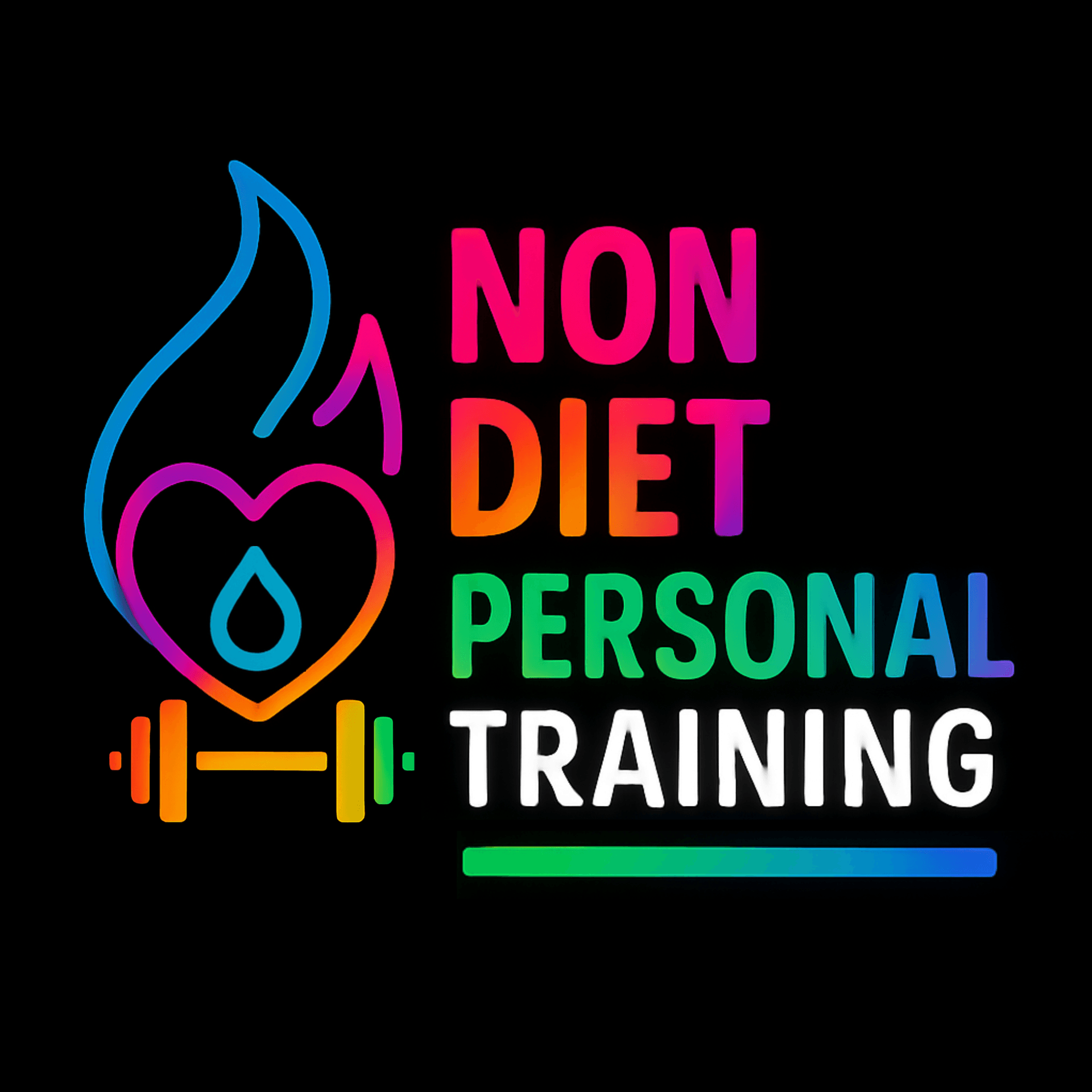Embracing HAES: A Path to Body-Inclusive Fitness
BÁ
Understanding HAES: Health at Every Size
In recent years, the concept of Health at Every Size (HAES) has gained momentum as a more inclusive approach to health and fitness. HAES promotes the idea that people of all sizes deserve respect and access to health care without discrimination or bias. It challenges the traditional focus on weight loss as the primary goal of fitness, advocating instead for a holistic, compassionate view of health.
The HAES movement emphasizes the importance of listening to your body, honoring its signals, and engaging in physical activities that bring joy rather than stress. By shifting the focus from weight to overall well-being, individuals are encouraged to develop a healthier relationship with their bodies.

The Core Principles of HAES
HAES is built on several core principles that guide its philosophy and practice. Understanding these can help individuals embrace a more body-inclusive approach to fitness:
- Weight Inclusivity: Accepting and respecting the diversity of body shapes and sizes.
- Health Enhancement: Prioritizing health policies that improve access to information and services for all sizes.
- Respectful Care: Eliminating weight bias and ensuring respectful treatment in healthcare settings.
- Eating for Well-being: Encouraging flexible eating based on hunger, satiety, nutritional needs, and pleasure.
- Life-Enhancing Movement: Supporting physical activities that are enjoyable and suitable for individuals of any size.
Creating a Body-Positive Fitness Environment
A key aspect of embracing HAES is creating a body-positive fitness environment that welcomes everyone. This involves ensuring that fitness spaces are inclusive and supportive, promoting activities that accommodate different abilities and preferences. Fitness professionals can play a crucial role by offering classes and programs that focus on fun and functionality rather than appearance.
By promoting diverse role models and challenging societal beauty standards, fitness spaces can become havens for self-expression and empowerment. Encouraging community participation and fostering a sense of belonging can significantly enhance the experience for everyone involved.

Benefits of Adopting HAES
Embracing HAES offers numerous benefits, not just for individuals but also for the broader community. By focusing on healthful habits rather than weight loss, people can experience improved mental health, reduced stress levels, and increased self-esteem. This approach can lead to more sustainable lifestyle changes that enhance overall well-being.
Furthermore, HAES can help dismantle stigmas associated with body size, fostering a more compassionate society where everyone has equal opportunities to pursue health and happiness. It encourages people to set realistic goals based on personal needs and preferences, rather than external pressures.

Getting Started with HAES
For those interested in adopting a HAES approach, starting small is key. Begin by exploring activities that you genuinely enjoy, whether it's dancing, hiking, swimming, or yoga. The goal is to find movements that make you feel good and fit seamlessly into your lifestyle.
Consider seeking out communities or groups that share the HAES philosophy. Connecting with like-minded individuals can provide support and motivation on your journey. Additionally, educating yourself about HAES through books, podcasts, or workshops can deepen your understanding and commitment to this inclusive approach.
The Future of Body-Inclusive Fitness
The growing popularity of HAES signifies a promising shift towards more inclusive health and fitness practices. As awareness spreads, more individuals and professionals are recognizing the value of prioritizing well-being over weight loss. This movement has the potential to transform the fitness industry into a more accepting and empowering space for everyone.
Ultimately, embracing HAES is about celebrating diversity and cultivating a world where all bodies are valued and respected. By adopting this approach, we can pave the way for healthier relationships with our bodies and inspire future generations to do the same.
